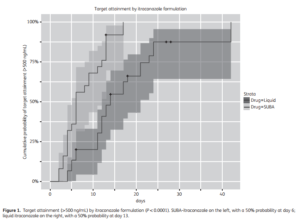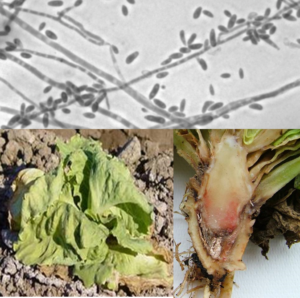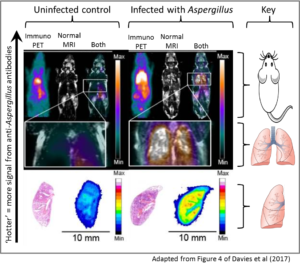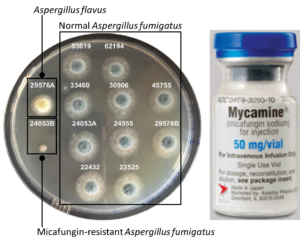Submitted by HLeSueur on 18 August 2016
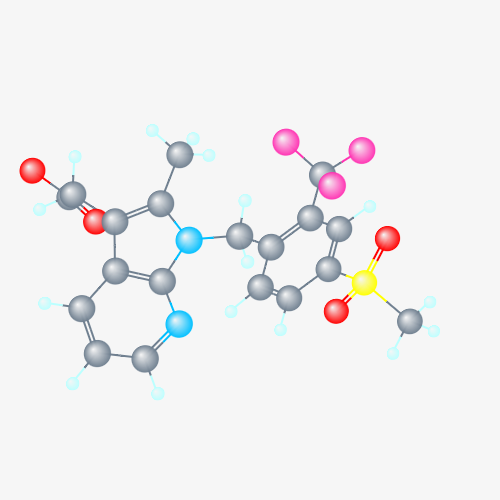 The majority of people with asthma have only a partial response to treatment, affecting their quality of life. In a recent study published in the Lancet – Respiratory Medicine, a promising new drug, fevipiprant has been shown to reduce airway inflammation in patients with moderate-to-severe eosinophilic asthma. Eosinophilic asthma is characterised by increased levels of a particular type of white blood cell, known as eosinophils. The drug also led to a reduction of exacerbations, hospitalisation and mortality rates in patients with the condition.
The majority of people with asthma have only a partial response to treatment, affecting their quality of life. In a recent study published in the Lancet – Respiratory Medicine, a promising new drug, fevipiprant has been shown to reduce airway inflammation in patients with moderate-to-severe eosinophilic asthma. Eosinophilic asthma is characterised by increased levels of a particular type of white blood cell, known as eosinophils. The drug also led to a reduction of exacerbations, hospitalisation and mortality rates in patients with the condition.
61 patients with moderate to severe asthma and a sputum eosinophil count of above 2%, were randomly assigned to either the placebo group or fevipiprant group, for 12 weeks. The drug was added to any medication that participants were already taking. The main measure of interest was the change in sputum eosinophil levels. The safety and tolerability of the drug was also assessed.
Fevipiprant gave participants a reduction in eosinophil count of 4.5 times (compared to 1.3 times in the placebo group) and was not associated with any adverse effects or deaths during the course of the study. Quality of life increased by 0.27 points (compared to a decrease of 0.33 points in the placebo group). While the drug gave encouraging results with regards to quality of life score and mean percentage of eosinophils, it had no significant effect on asthma symptoms. The study also had a small sample size and the drug was not compared to other existing treatments. More research is therefore needed to show whether the drug will reduce the risk of asthma attacks or improve a person’s day to day symptoms.
News archives
-
Title
Date

